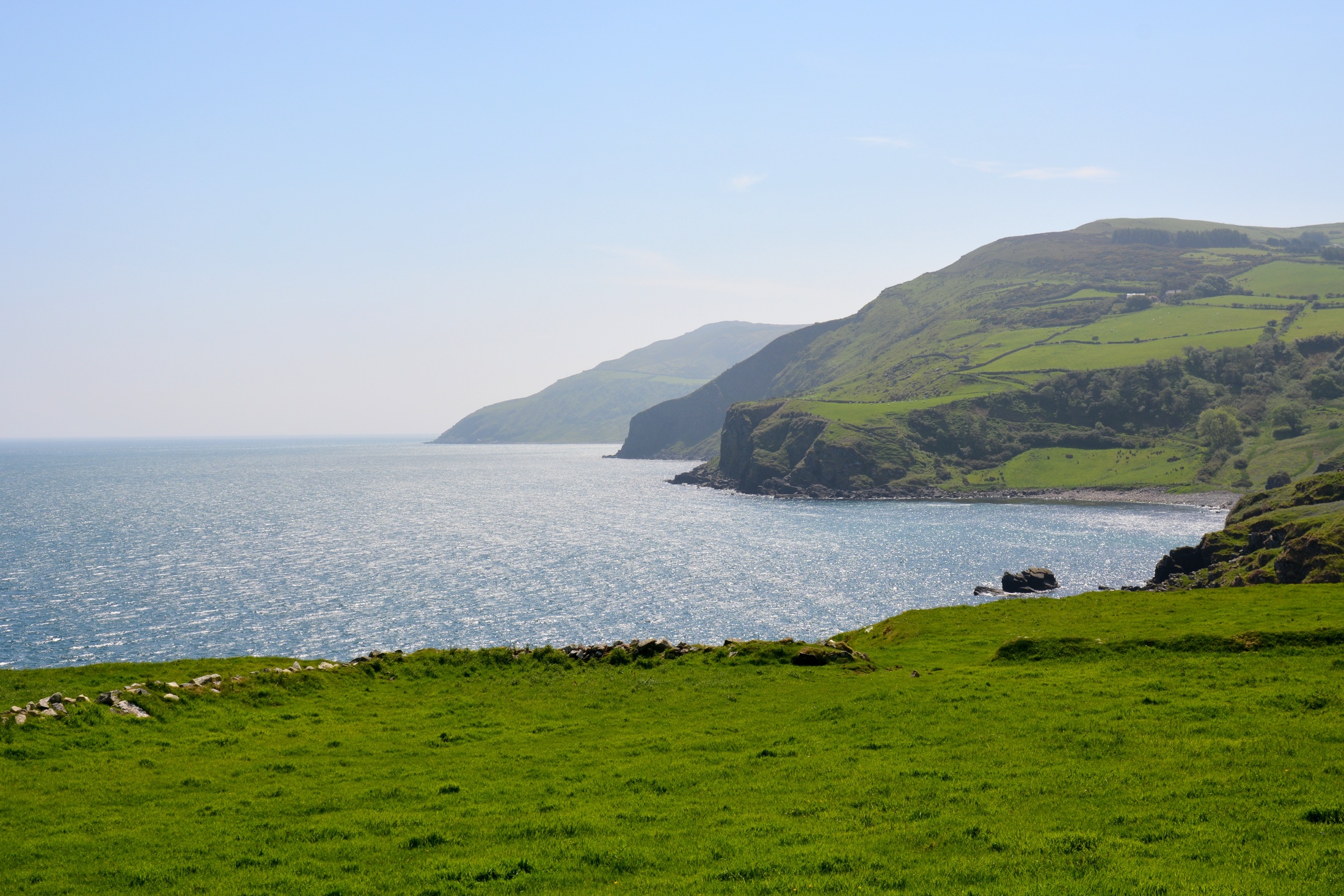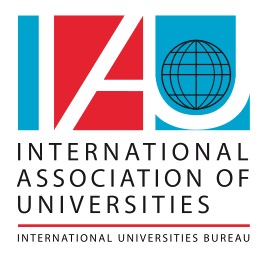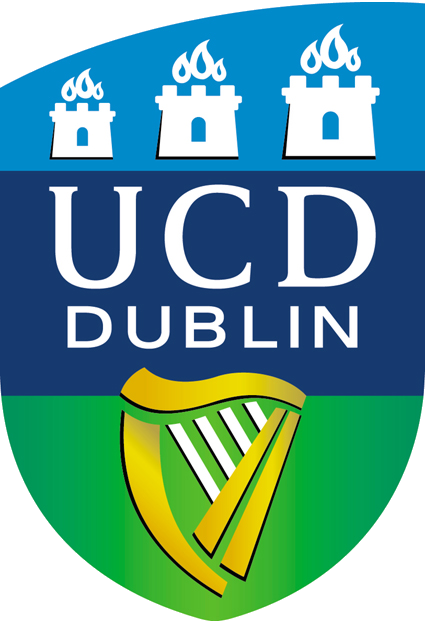Getting to Ireland:
COVID-19 information:
All information regarding COVID-19 in Ireland can be found on the Irish Department of Health’s website page dedicated to the virus.
On 6 March 2022, it was announced that travelers to Ireland are no longer required to show proof of vaccination, proof of COVID-19 recovery, or a negative PCR test result upon arrival. Travelers are moreover no longer required to complete or present a COVID-19 Passenger Locator Form. Neither testing nor quarantine are any longer required upon arrival to the country.
As of 18 March 2022, face masks are no longer mandatory in Ireland; however, they are still advised to be worn on public transportation and in healthcare settings. The Department of Health in Ireland further encourages people to practice personal health monitoring and to self-isolate if displaying symptoms of COVID-19. Three types of vaccines are approved for use in Ireland: mRNA (Pfizer/BioNTech and Moderna), viral vector (AstraZeneca and Janssen), and protein subunit (Novavax).
For information regarding COVID-19 restrictions while at the University College Dublin, please consult their virus webpage.
Entry visa information:
It is the responsability of the delegates to determine their status and apply for visa. Please consult the Irish Immigration Service website (Conference & Event Visas) to determine whether you require an Irish visa. UCD cannot assist delegates with their application or advise on the process. Processing times can take up to 8 weeks (up to 5 months for applications from the Middle East region), so we strongly advise making your application as early as possible.
You will be asked for details of your host in Ireland when making your visa application. Please provide the following details:
Address:
The O'Reilly Hall
University College Dublin
Belfield, Dublin 4
Ireland, D04 V1W8.
Tel: (01) 7168500
If asked ‘Do you know the host personally’ indicate ‘No’.
You may supply ‘Shane Lordan’ as a UCD contact.
Important Note
If you are not an EU/EEA, UK or Swiss citizen you will need to prove to an immigration officer at border control that you have a valid reason for entering Ireland, regardless of your visa status. This will require you to show your passport and other documents, including a hotel reservation, travel itinerary, conference invitation/confirmation of registration, etc. If you require a letter for immigration confirming your conference attendance, UCD will provide you with the letter after you register on the IAU conference website.
Depending on your citizenship you may need to obtain a visa before travelling to Ireland. The information below is offered only as a guide. All non-EU/EEA, UK, & Swiss citizens should consult the Irish Immigration Service website for full and current guidelines.
You do not require a visa for travel to Ireland if:
- You are an EU/EEA, UK, or Swiss citizen.
- You are a citizen of one of the non-EU/EEA countries included in Appendix A.
- You have a document called “Residence card of a family member of a Union citizen” issued, by any country, under 10 of Directive 2004/38/EC (the “Free Movement Directive”). Please contact the authority who issued the document for advice if the document you have comes within the definition of the Directive, as implemented by that particular Member State.
For all other situations, regardless of where you live, or the nationality of your family members, the answer is based on your nationality.
Schengen Visas
Ireland is not part of the Schengen Zone. A Schengen visa is not valid for travel to Ireland.
UK Visas
Ireland and the UK form part of the Common Travel Area. This means that under certain conditions each will recognise certain kinds of short-stay visas issued by the other for travel to their jurisdiction.
(A) Short Stay Visa Waiver Programme
Passport holders from certain countries may be able to visit Ireland under the Short Stay Visa Waiver Programme. Please consult the INIS website for full details and eligibility.
(B) Travel between Ireland & UK for certain Chinese & Indian nationals
You may be able to visit Ireland and the United Kingdom using a single Irish or UK visa if you travel using a Chinese or Indian passport. Read how this works under the British-Irish Visa Scheme.
Embassy list for Visa application
The following Irish embassies handle visa applications for the countries listed underneath. If your country is not listed, you will be informed of which embassy to apply to when you make your online application.
You can determine your visa status by checking this list here.
Abu Dhabi (United Arab Emirates)
This office accepts visa applications from United Arab Emirates, Afghanistan, Algeria, Bahrain, Jordan, Kuwait, Lebanon, Libya, Morocco, Oman, Qatar, Sudan, Syria and Tunisia.
Web: www.dfa.ie/uae
Contact: https://www.dfa.ie/irish-embassy/uae/contact-us/visa-queries/
Abuja (Nigeria)
This office accepts visa applications from Nigeria, Côte d’Ivoire, Ghana and Senegal.
Web: www.dfa.ie/nigeria
Ankara (Turkey)
This office accepts visa applications from Turkey only.
Web: www.dfa.ie/turkey
Contact: https://www.dfa.ie/irish-embassy/turkey/contact-us/
Beijing (China)
This office accepts visa applications from China, Hong Kong, Macau and Mongolia.
Web: ww.dfa.ie/china
Contact: ihttps://www.dfa.ie/irish-embassy/china/contact-us/visa-queries/
London (United Kingdom)
This office accepts visa applications from the United Kingdom only.
Web: www.dfa.ie/great-britain
Contact: https://www.dfa.ie/irish-embassy/great-britain/contact-us/visa-queries/
Moscow (Russia)
This office accepts visa applications from Russia, Belarus, Kazakhstan, Kyrgyzstan, Russia, Tajikistan, Turkmenistan, Ukraine and Uzbekistan. All visa applications and queries are proceeding as normal as of April 12th 2022.
Web: www.dfa.ie/Russia
Contact: https://www.dfa.ie/irish-embassy/russia/contact-us/
New Delhi (India)
This office accepts visa applications from India, Bangladesh, Nepal, Maldives, and Sri Lanka.
Web: https://www.dfa.ie/india/
Contact: https://www.dfa.ie/irish-embassy/india/contact-us/
Address of the conference venue:
University College Dublin
Belfield, Dublin 4, Ireland T: +353 1 716 7777
Getting to UCD
The Belfield campus is located 5KM south of the city centre. The full address is University College Dublin, Belfield, Dublin 4, Ireland, D04 V1W8. The main travel options are outlined below, but we also recommend consulting the UCD commuting guide and Transport for Ireland website to plan your route. TfI also offer a free real-time travel app.
UCD campus map may be found here.
Transport from the airport:
By bus:
Aircoach service #700 (Dublin Airport - Leopardstown) departs from outside Terminal 2 every 15 minutes from 03:25hrs to 00:25hrs, calling at Terminal 1, the city centre, the main entrance to UCD on the Stillorgan flyover (A9 on the UCD campus map), and the Talbot hotel. The journey time is c.60 minutes and a return ticket from the airport to UCD costs €16. This is a very popular service so we recommend reserving tickets online in advance here. You can use your phone or mobile device to show the driver your ticket.
By taxi:
The taxi ranks at Dublin airport are located outside Terminals 1 and 2. Please follow the signs in the terminal buildings. If you wish to pay by card please enquire first with the driver. If you are travelling to UCD by taxi, you should request the driver to travel through the city centre or across the East Link Bridge, not the M50. Your drop off point should be the car park behind O’Reilly Hall (building number 45 on the UCD campus map).
The journey should cost between €25-40 and take c.45 minutes.
By car:
If you are using a rental car please note that most campus parking is reserved for staff and student permit holders, and vehicle clamping is in operation. There is a limited number of visitor spaces which are charged by the hour in the visitor car park in front of Ardmore House (number 4 on the campus map). This car park also has a limited number of spaces reserved for GoCar customers. For more information, please consult their website.
Please also note there are traffic restrictions in operation from 07:30-10:30 and 16:00-19:30 which limit cross-campus vehicular access.

Transport from the conference hotels:
Conference shuttle busses will operate between the Talbot and the Clayton Ballsbridge/The Intercontinental hotels. The timeschedule for busses will be provided to participants in due time.
1. The Talbot Hotel
Distance from UCD: 2.4KM / 30 minute walk.
By bus: 46A/145/155 stop at UCD main entrance close to the conference venue. Journey time is c.12 minutes total
2. The Clayton Ballsbridge & The Intercontinental
Distance from UCD: 3.1KM / 45 minute walk.
By bus: c.12 minute walk to Donnybrook to catch the 46A/145/155 which stop at UCD main entrance close to the conference venue. Journey time is c.25 minutes total.
Download the shuttle bus schedule.
Transport from the city centre:
Distance from UCD 4.7KM / 1 hour walk.
By bus: 39A (into campus), or the 46A/145/155 which stop at UCD main entrance close to the conference venue. Journey time is 25-40 minutes depending on traffic.
If you have any questions about getting to/from the airport, city centre, or specific sites in Dublin please feel free to email UCD at shane.lordan@ucd.ie.
Climate and weather:
Ireland in October is typically cold and wet. Average daytime temperatures range from 5-10 degrees Celsius during the day and from 2-3 degrees at night, but precipitation and wind can make it feel colder. We recommend you bring warm waterproof outerwear, including gloves, hats and scarves.
Daylight hours in late October are 08:15-18:00.
The official weather forcast for Ireland can be found here.

Electricity:
The standard domestic electricity supply in Ireland is 230-volt AC (frequency 50Hz). Irish power outlets require the same type “G” plugs as the United Kingdom, with three square prongs.

Timezone:
The timezone in Dublin is GMT/UTC +0.
Currency:
Ireland uses the Euro (€). If you are travelling to Northern Ireland you will have to use Pound Sterling (£).
There are several ATMs on campus, and a branch of Allied Irish Banks (AIB).










